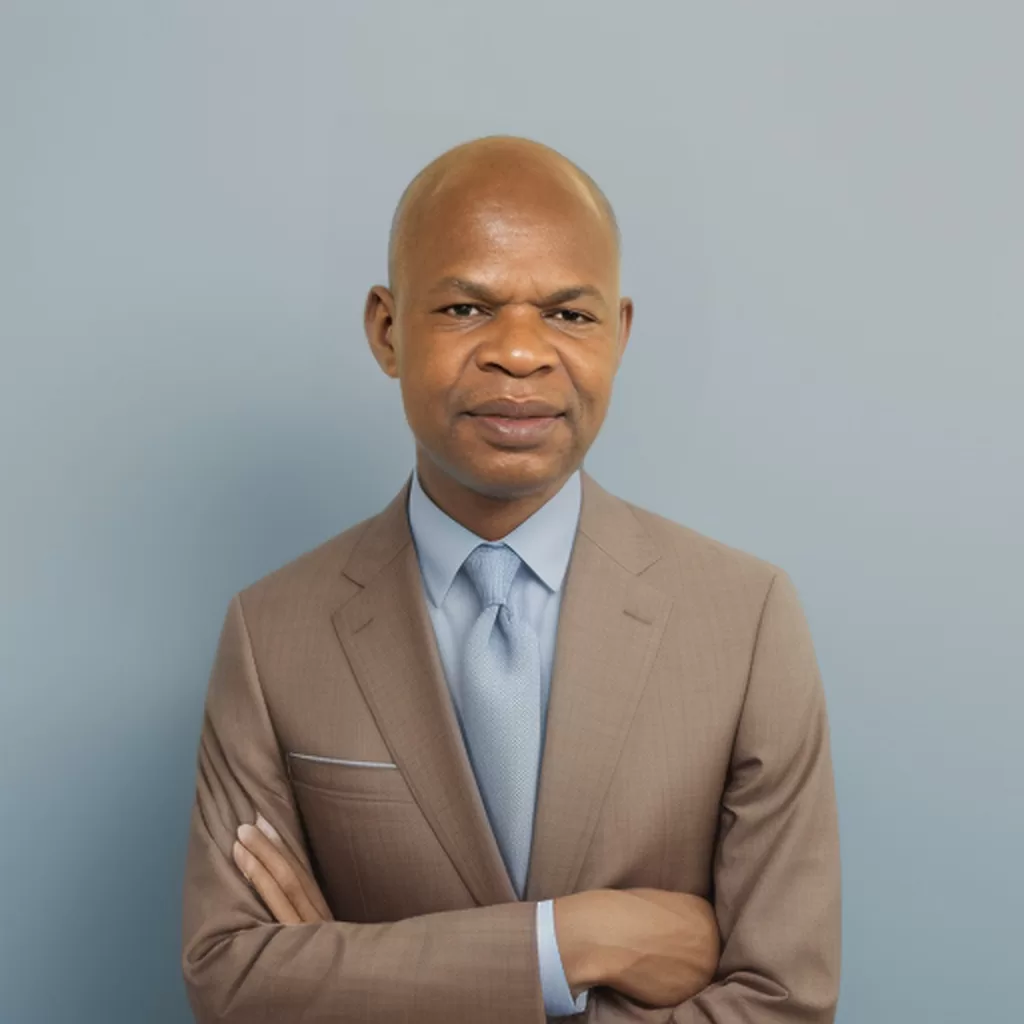Capitalism vs. Socialism – Why the Debate Persists
Written by Contributing Author, Charles Wekesa

By Charles Wekesa
Every Black Life Matters strongly believes that capitalism is the way to go when it comes to lifting communities out of poverty. They're not fans of socialism, which they see as undermining personal responsibility and economic empowerment.

Remember when it felt like the capitalism vs. socialism debate was settled?
Well, it’s back. After the Cold War, it seemed clear that capitalism had triumphed. Free markets were celebrated, and socialism faded into the background. Yet here we are, decades later, revisiting the same discussion in American politics.
At Every Black Life Matters, we find it essential to address this head-on. We reject socialism, not just because of its historical failures but because it fundamentally undermines individual liberty, economic empowerment, and personal responsibility—the very principles that uplift communities and create opportunity.
The Comeback of a Flawed System
When the Soviet Union collapsed in the early 1990s, the world saw capitalism as the superior system. Its emphasis on free enterprise and innovation fueled unprecedented growth and prosperity. However, the allure of socialism has crept back into public discourse, particularly among younger Americans grappling with challenges like student debt, housing costs, and economic inequality.
We understand the frustrations driving these discussions, but socialism is not the solution. Far too often, it has been promoted with unrealistic promises, ignoring the damage it causes—stifling innovation, creating dependency, and eroding personal ambition.
Why the Debate Resurfaces
The resurgence of socialist rhetoric is tied to the growing gap between rich and poor, compounded by misleading narratives that paint capitalism as a system benefiting only the wealthy. Progressive politicians and grassroots movements often champion policies like free healthcare and education, borrowing from socialist ideals without acknowledging their long-term consequences.
Setting the Record Straight on Capitalism
We stand firmly in support of capitalism because it works. Capitalism is the engine behind the technological advances, medical breakthroughs, and entrepreneurial opportunities that improve everyone’s quality of life. It’s a system that rewards innovation, hard work, and creativity—providing pathways for individuals to thrive and create wealth for themselves and their families.
The Truth About Socialism
We also know that socialism isn’t the benevolent system some claim it to be. While it may promise equality, it often delivers economic stagnation, shortages, and government overreach. Socialism discourages personal initiative and limits economic freedom, which are vital for community growth and prosperity.
Our Stance: Economic Freedom Over Government Dependency
At EBLM, we believe the answer to poverty and inequality lies in empowering individuals, not expanding government control. Socialism fosters dependency, but capitalism inspires self-reliance, ownership, and entrepreneurship. These are the tools our communities need to break cycles of poverty and build generational wealth.
Why We Choose Capitalism
We know that capitalism aligns with our mission to create strong, thriving Black communities. By promoting entrepreneurship, property ownership, and economic independence, capitalism gives people the power to shape their futures. It’s about more than wealth—it’s about dignity, opportunity, and resilience.
“We believe in the power of individuals to create their own success stories. Capitalism provides the framework for that success to happen.” – Dr. Kevin McGary, Co-founder of EBLM
As this debate heats up, let’s remember what’s at stake. Socialism may sound appealing, but history shows it leads to stagnation and dependency. Capitalism isn’t perfect, but it provides the freedom and flexibility needed to innovate, grow, and prosper. At Every Black Life Matters, we choose a path of empowerment and opportunity—values rooted in the principles of free markets and economic liberty.
What about you? Do you think capitalism remains the best path forward, or does socialism have something to offer? Let’s keep the conversation going.
Watch This Video: Capitalism vs. Socialism by PragerU
Articles from Charles Wekesa
The Case for School Choice: Benefits, Challenges, and Pathways Forward
Arizona Attorney General Kris Mayes and the Trump Deportation Controversy
Biden’s Leadership and Media Accountability
Capitalism vs. Socialism – Why the Debate Persists
Deep State Dynamics in America: Understanding Its Influence on Policy and Public Trust
The Master’s Invitation: Freedom in Submission to Jesus
America’s Education Problem: Race, Gender, and Revisionist History
Daniel Penny: When Protecting Others Becomes a Crime—And Why That Should Terrify Us All Especially Blacks
Privately Funded and Bureaucracy-Free: Inside Trump’s Transition Plan
Trump’s Vision for the American Academy and Transition Strategy
The Christian Wave: How Faith-Based Voters Shaped Trump’s 2024 Victory
A Bold Policy to Rebuild Black Families and Break Cycles of Dependency


Lorem ipsum dolor sit amet, consectetur adipiscing elit. Ut elit tellus, luctus nec ullamcorper mattis, pulvinar dapibus leo.




